Young children possess vast potential for learning from "summary" of The Unschooled Mind by Howard Gardner
Howard Gardner's exploration of the human mind reveals a fundamental truth about young children: they are capable of immense learning potential. This potential is not limited to mere memorization or regurgitation of facts; rather, it encompasses a deep capacity for understanding, creativity, and critical thinking. Children possess a natural curiosity and a thirst for knowledge that can propel them to great intellectual heights. Gardner argues that traditional educational systems often fail to tap into this vast potential of young children. Instead of nurturing their innate abilities, schools too frequently focus on rote learning and standardized testing. This approach stifles creativity and critical thinking, leaving many students disengaged and uninspired. By recognizing and harnessing the natural curiosity and creativity of children, educators can unlock their full learning potential. Gardner's research highlights the importance of providing children with opportunities for hands-on, experiential learning. Through exploration and discovery, young learners can make meaningful connections and deepen their understanding of complex concepts. By engaging with their environment and actively participating in their own learning process, children can develop essential skills such as problem-solving, communication, and collaboration. Furthermore, Gardner emphasizes the role of educators in cultivating the potential of young children. Teachers play a crucial role in creating an environment that is conducive to learning, one that encourages curiosity, experimentation, and reflection. By providing support, guidance, and encouragement, educators can help children realize their full intellectual capabilities.- Gardner's work underscores the incredible potential that young children possess for learning and growth. By acknowledging their natural curiosity, creativity, and critical thinking skills, we can create educational experiences that empower children to reach their full potential. Through hands-on, experiential learning and the guidance of dedicated educators, young learners can develop the skills and knowledge needed to thrive in an ever-changing world.
Similar Posts
Teach your child to regulate emotions effectively
Helping your child learn how to regulate their emotions effectively is crucial for their overall well-being and success. When c...
Teach the value of hard work and dedication
One of the most important lessons we can pass on to our children is the value of hard work and dedication. These qualities are ...
Embracing the opportunity to learn alongside students
As educators, we often feel the pressure to be the expert in the room, to have all the answers and to never show any signs of u...
Create routines and habits that promote happiness
To increase happiness in our lives, we must establish daily routines and habits that support our well-being. These consistent a...
The traditional education system can be improved
In our current educational system, there is a widespread recognition that improvements can and should be made. The traditional ...
Model patience and understanding in your interactions
When interacting with challenging kids, it's important to remember that they are struggling with skills that are essential for ...

Challenge assumptions and biases
To truly innovate, one must be willing to question everything they think they know. This means challenging assumptions and bias...
Problemsolving skills come from experience
When it comes to solving problems, experience is key. This is because solving problems successfully requires a certain level of...
Education should prepare students for an uncertain future
In a rapidly changing world, it is becoming increasingly clear that the traditional model of education is no longer sufficient....

Creativity allows for selfexpression
Creativity is a fundamental aspect of human nature that allows individuals to express themselves in a unique and personal way. ...

